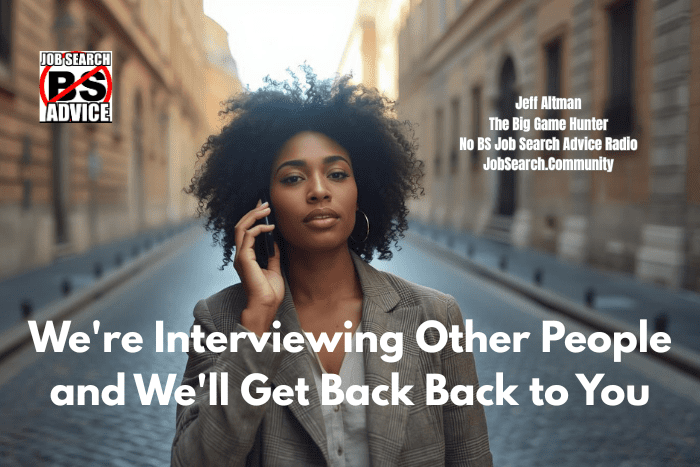
Image source: Getty Images
Here’s a quiz question: what’s the highest-yielding stock on the FTSE 100? Legal & General? Phoenix Group? Or maybe it’s one of the tobacco giants? No, it’s none of those. In fact, it’s WPP (LSE:WPP), the advertising and marketing agency.
Based on amounts paid over the past 12 months, the stock’s yielding an impressive 9.3%. However, it was only elevated to the top spot after releasing a profit warning on 9 July. Since then, its share price has fallen around 20%.
At the beginning of the week, it was yielding 7.5%. In February 2002, when its shares were at their post-pandemic high, the yield was 3.2%. However, its payout has remained unchanged for its last three financial years.
This tells us that its yield has been inflated by a falling share price. As a result, I think it’s a case of buyer beware. If WPP’s unable to reverse its decline, its dividend could soon come under pressure.
A new boss
The task of improving profitability lies with the group’s newly-appointed chief executive, Cindy Rose. She’s held senior positions with Microsoft and has been at the centre of its development of artificial intelligence (AI) solutions. In 2018, she said: “Organisations who are investing in AI are already significantly outperforming those who are not.”
Since 2019, Rose has been a director of WPP so I reckon she’s been influential in shaping its own approach to AI.
Indeed, the group says it uses the technology to “deliver sharper, better-informed strategies and creative ideas, faster than ever before”. In addition, “AI-powered insights” help fuel campaigns to “outperform”. They also enable it to create “hyper-personalised, scalable experiences that drive conversion”. Impressive.
An existential threat?
But this is a double-edged sword. AI’s making it easier for others to replicate the work of creative agencies.
For example, content providers will be familiar with TikTok’s Symphony suite which provides avatars and scripts to help users quickly create campaigns. Meta Platform’s developing its “infinite creative” platform intended to automatically generate and optimise social media ads. Of most concern, Sam Altman, the boss of OpenAI, claims AI will soon do 95% of the work currently done by marketing agencies.
Already, over two-thirds of UK advertising revenue goes to the tech giants. I fear the writing could be on the wall for the world’s marketeers.
A more optimistic view
However, we must remember that WPP’s been in existence (in its present form) since 1985. It’s survived plenty of downturns before.
It also has an excellent reputation and works with some of the largest companies on the planet. Research suggests that the industry could grow at an average annual rate of 6.9% up until 2029. And despite this week’s woes, the group remains very profitable.
Final reflections
It could be that WPP’s blue-chip clients will continue to rely on third parties for their creative output. But I suspect smaller ones may look to take the work ‘in-house’. If they do, then earnings will come under pressure and the dividend could be one of the first things to be cut. The group’s status as the highest-yielding FTSE 100 share will then be lost.
To be honest, nobody knows how AI’s going to influence the industry over the next few years. And that’s a problem for me. Therefore, I don’t want to invest.









